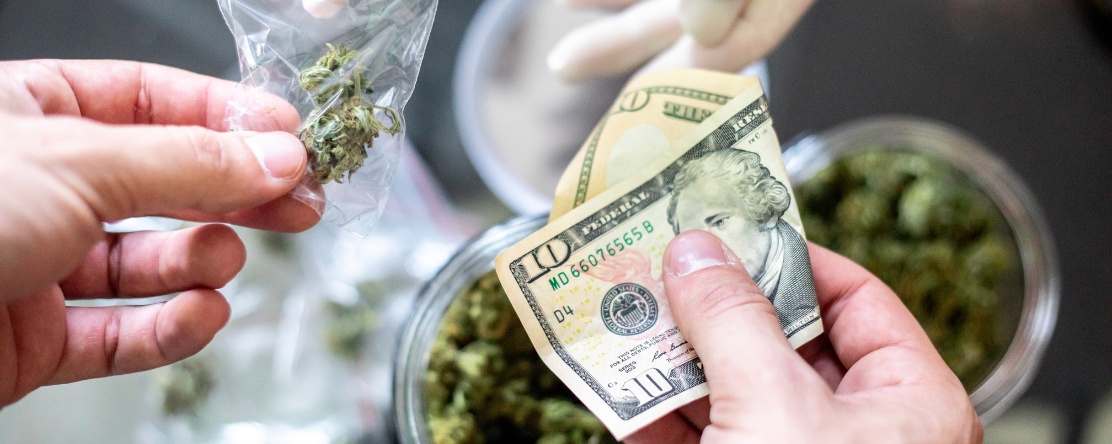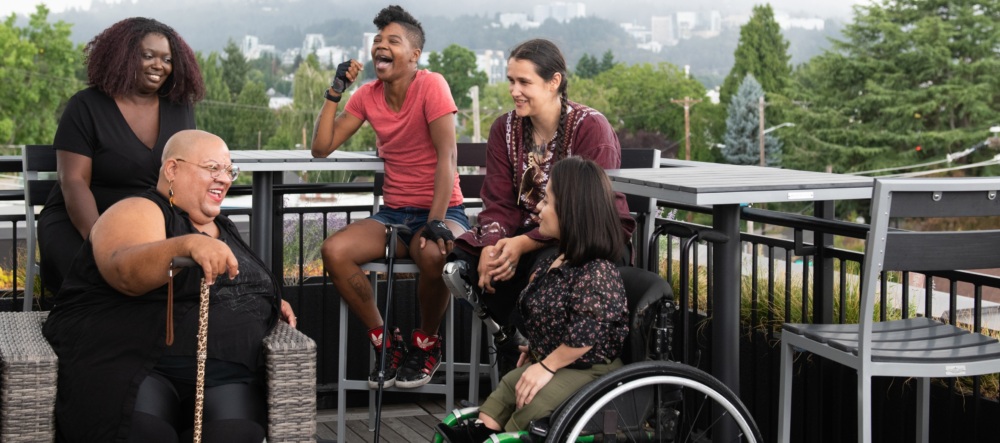
Press Release
New Study Links Cannabis Retail Availability to Increased Mental Health Risks in Teens

CA — A new study co-authored by researchers from Getting it Right from the Start, a program of the Public Health Institute, and Kaiser Permanente Northern California finds that teens living in areas with more cannabis retailers face significantly higher rates of mental health issues—including psychotic, anxiety, and depressive disorders. “Associations of Local Cannabis Policy and Retail Availability in Northern California with Adverse Adolescent Mental Health Outcomes” was published in the peer-reviewed medical journal Substance Use and Misuse.
The study, one of the largest of its kind, analyzed data from nearly 96,000 insured adolescents in Northern California. It found that youth living in cities or counties that banned cannabis storefronts or both storefronts and delivery were significantly less likely to have a recent diagnosis of a psychotic disorder. Conversely, greater retail availability—measured by the number of nearby cannabis shops and their proximity to adolescents’ homes—was associated with significantly higher rates of diagnosed psychotic, depressive, and anxiety disorders, as well as self-reported depressive symptoms.
“Even though teens can’t legally buy cannabis, they’re still being exposed to it — through advertising, older peers, social media, and sheer proximity,” said Dr. Lynn Silver, pediatrician and Director of Getting it Right from the Start, a program of the Public Health Institute. “This study reinforces the importance of where and how cannabis is sold in protecting adolescent mental health, showing significant impacts—even on severe conditions like psychosis.”

Even though teens can't legally buy cannabis, they’re still being exposed to it—through advertising, older peers, social media, and sheer proximity. This study reinforces the importance of where and how cannabis is sold in protecting adolescent mental health, showing significant impacts—even on severe conditions like psychosis.Dr. Lynn Silver
Pediatrician and Director, Getting it Right from the Start, Public Health Institute
Despite nearly half (49%) of teens living in areas with local storefront bans, the study found that the median drive time to the nearest retailer was still just 10 minutes—highlighting the limits of local policy in a patchwork legal landscape and underscoring the need for broader regulations on retailer density and access.
“This research adds to growing evidence that greater availability of cannabis may be contributing to increased mental health risks among adolescents,” said Dr. Kelly YoungWolff, PhD, MPH, a clinical psychologist and research scientist at the Kaiser Permanente Division of Research. “Local policies that restrict cannabis access could play an important role in preventing harm.”
The findings build on earlier research showing that teens in areas with more cannabis retailers perceive cannabis as easier to access and less harmful—and are more likely to use it, including in risky ways. Even without direct access, youth often encounter cannabis through marketing that appeals to them, older peers, or fake IDs. Greater access can normalize use in family and social settings and may increase access to riskier forms of consumption like vaping or dabbing high-THC products, which increase the likelihood of dependency and mental health issues.
The study comes at a critical time, as more states legalize cannabis and communities grapple with how to balance access for adults while protecting youth. The authors emphasize that although the study cannot prove causation due to its cross-sectional design, it highlights important associations that merit deeper investigation and policy consideration.
Getting it Right from the Start, a program of the Public Health Institute, works with states, cities, counties and community partners to develop evidence-based model policies and provide guidance on cannabis policies that can help reduce harms, protect against youth and problem cannabis use, and advance social equity.
More Updates
Work With Us
You change the world. We do the rest. Explore fiscal sponsorship at PHI.
Support Us
Together, we can accelerate our response to public health’s most critical issues.
Find Employment
Begin your career at the Public Health Institute.



